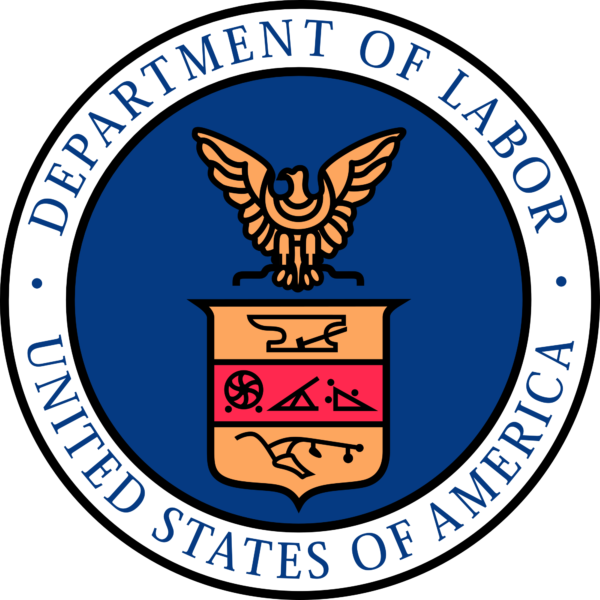The U.S. Department of Labor has awarded nearly $1.5 million in grant funding to organizations in Illinois, Virginia, and Wisconsin to help recruit, train, and retain more women in quality pre-apprenticeship and apprenticeship programs. The grants will help women pursue careers in manufacturing, infrastructure, cybersecurity, health care, and other industries.
The 2019 Women in Apprenticeship and Nontraditional Occupations (WANTO) grant recipients are:
- Chicago Women in Trades ($494,460)
- Hampton Roads Workforce Council ($500,000)
- Wisconsin Regional Training Partnership Inc. ($498,055)
“In the past two years, we have seen women’s unemployment rate fall to its lowest since 1953,” said Acting U.S. Secretary of Labor Patrick Pizzella. “We are committed to expanding access to apprenticeship opportunities that will help even more women find pathways to family-sustaining jobs and fulfilling careers in all industries.”
Chicago Women in Trades
Founded by tradeswomen in 1981, Chicago Women in Trades exists to improve women’s economic equity by increasing their participation in high-skill, blue-collar occupations such as manufacturing, transportation, and construction.
The WANTO grant will help Chicago Women in Trades provide technical assistance to more than 320 registered apprenticeship programs and employers; introduce 2,500 women to apprenticeship and careers in nontraditional occupations; enroll 209 women in pre-apprenticeship or other preparatory training; place 130 women in apprenticeship or other nontraditional employment; engage over 100 tradeswomen in mentorship and leadership development classes; support nine tradeswomen’s committees, organizations, and support groups; and improve women’s retention in apprenticeship.
Hampton Roads Workforce Council
The Hampton Roads Workforce Council’s Women in Skilled Careers (WISC) seeks to create a pipeline of skilled workers for the ship repair industry by targeting an under-recruited population: women, specifically those who have received, or are receiving, services for issues such as domestic violence, human trafficking, homelessness, and poverty.
WISC will provide these women with a fast-tracked pathway to earn critical skills, obtain recognized credentials, and begin employment in the ship repair industry while earning a living sustainable wage with full employment benefits. Participants will receive transportation, child care, and stipends to support their participation in grant-funded activities.
The WANTO grant will help WISC provide opportunities for 40 women to earn a total of 120 nationally-recognized credentials.
Wisconsin Regional Training Partnership Inc.
The Wisconsin Regional Training Partnership Inc.’s West Coast to the Nation’s Center – Building a Best Practice Network to Raise Women’s Success in Apprenticeships (RWSA) is a robust network of nonprofits, Workforce Investment Boards, employers, and unions. RWSA will focus on informing, engaging, and enrolling more women in pre-apprenticeship and registered apprenticeships in sectors such as construction, manufacturing, energy, information technology and transportation.
The WANTO grant will support RWSA’s efforts to help 110 women enter pre-apprenticeship and/or registered apprenticeship programs and introduce 700 women to the benefits of apprenticeships and nontraditional occupations.
Recipients of the WANTO grants must provide one or more of the following types of technical assistance:
- Develop pre-apprenticeship or nontraditional skills training programs to prepare women for apprenticeships and careers in apprenticeable industries;
- Provide ongoing training for employers, unions, and workers on creating an environment for women to succeed in those careers; and
- Help set up support groups, facilitate networks, and/or provide supportive services for women to improve their retention.
The Department’s Women’s Bureau and its Employment and Training Administration administer the grants. Learn more about the WANTO program and grant recipients.
The mission of the Department of Labor is to foster, promote, and develop the welfare of the wage earners, job seekers, and retirees of the United States; improve working conditions; advance opportunities for profitable employment; and assure work-related benefits and rights.











